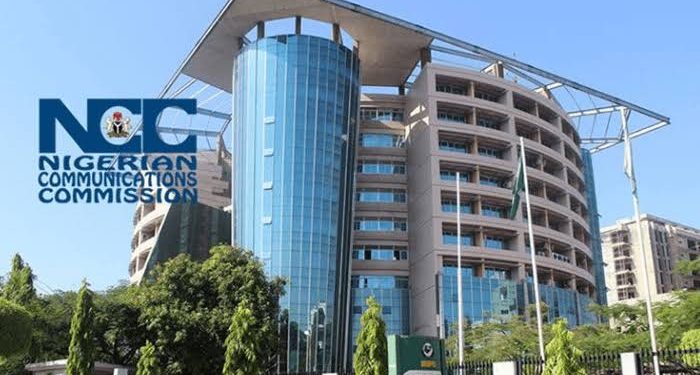The Central Bank of Nigeria and the Nigerian Communications Commission are jointly developing a new framework to tackle the growing issue of failed airtime recharges and data subscriptions carried out through electronic platforms such as mobile banking apps and USSD. The move follows a surge in consumer complaints over funds being deducted without value received or transactions being stuck in ‘pending’ status for prolonged periods.
Speaking at the 94th Telecom Consumer Parliament held in Lagos, the Director of Consumer Protection and Inclusion at the CBN, Dr. Aisha Olatinwo, said the collaboration will ensure that consumers receive full value for every transaction. She explained that the planned framework will include a clear response system capable of identifying the exact point of failure within the transaction chain and assigning sanctions where necessary. According to her, “If a transaction fails, then it has not begun. We must ensure accountability from start to finish so consumers are not left stranded.”
An Assistant Director at the NCC, Quasim Odumbaku, highlighted the scale of the problem, citing a Mastercard report showing that 91% of telecom users in Nigeria rely on electronic channels to recharge. He noted that even a 1% failure rate amounts to a significant number of affected consumers in a market dominated by prepaid users. Failed recharges, he said, remain the second most reported consumer issue in the industry.
Industry operators also admitted structural gaps. The Managing Director of Credit Switch, Tayo Adigun, noted that electronic recharge services expanded rapidly before proper Service Level Agreements were established. He expressed optimism that the new framework, which will make SLAs mandatory across all players, will enforce clearer standards and improve service reliability. “Once everyone understands the benchmarks, they will be compelled to invest in proper systems and support,” he said.
In his keynote address, the Executive Vice Chairman of the NCC, Dr. Aminu Maida, reaffirmed that consumer protection remains central to the Commission’s mandate. He stated that the Telecom Consumer Parliament was designed to bring regulators, operators and consumers together to address critical challenges affecting user experience. This year’s theme, “Addressing Network Quality for Improved Consumer Experience,” aligns with the Commission’s broader commitment to enhancing Quality of Experience across all service touchpoints, beyond traditional network performance metrics.
For millions of small business owners and digital entrepreneurs who rely on mobile data and airtime for daily operations, a more reliable transaction system could reduce losses and improve operational efficiency. The new CBN-NCC framework is expected to introduce stricter accountability and faster resolution mechanisms, offering greater confidence in digital payment channels.










